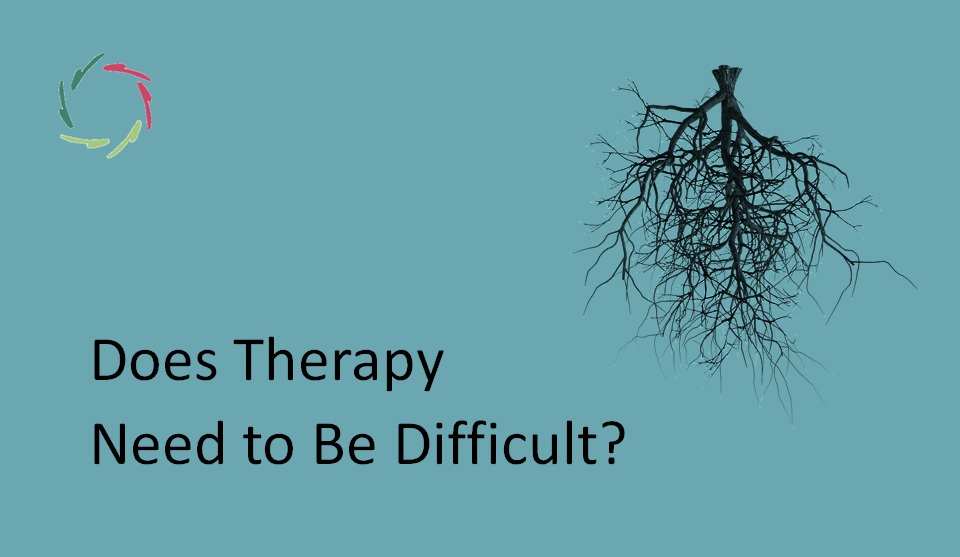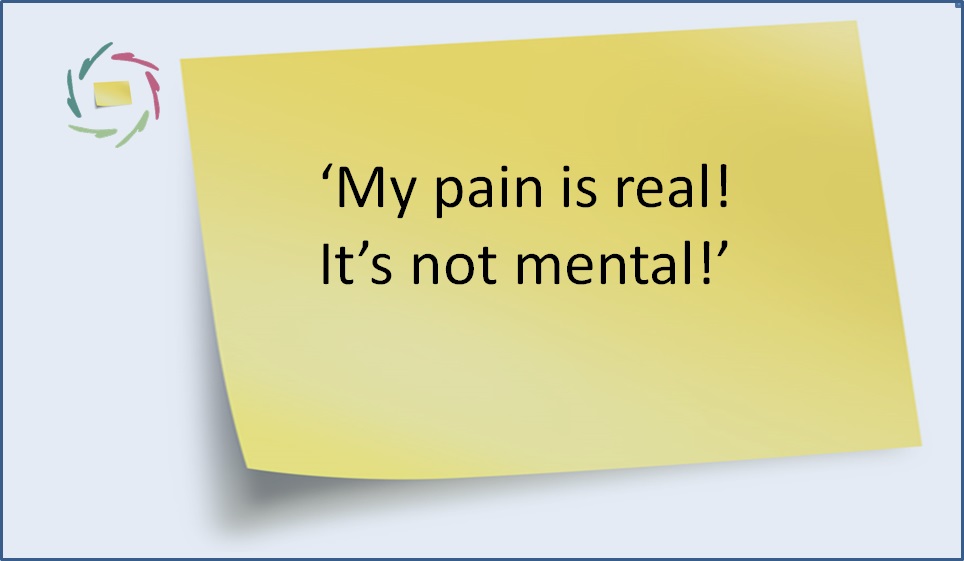Placebo Without Deception?

By definition impossible if one takes ‘deception’ as a necessary characteristic of the concept of placebo. Still, it’s worthwhile to take a closer look at the ethical side.
Preliminary remarks
This text is rather academic. The train of thought is interesting for all.
This is not about empathy, but only about ‘the sugar pill that works.’
A much-cited definition of placebo
from Shapiro and Shapiro: “any therapy (or that component of any therapy) that is intentionally or knowingly used for its nonspecific, psychological, or psychophysiological, therapeutic effect, or that is used for a presumed specific therapeutic effect on a patient, symptom, or illness but is without specific activity for the condition being treated.” [The powerful placebo: From ancient priest to modern physician, 1997]
‘Open placebo’ (or ‘open-label placebo’)
is used as a concept to denote a placebo being given openly together with the information that it is a placebo towards, for example, the diminishment of pain. Open placebo research shows positive clinical effects in such situations. [see: 1 → 5]
A truly open-label placebo (OLP) would be nice. We could straightforwardly use its power while being ethically safe and scientifically on solid ground.
However
Please read [see: RG: “From Placebo to ‘Open-Label Placebo’ to Open Altogether“]. Using the term ‘placebo’ doesn’t necessarily make something a non-deceptive placebo. For example, if a subject in a study doesn’t believe or fully understand the administrator of the ‘placebo,’ then – depending only on the subject – it can still be deceptive. [1]
A person may consciously believe something, yet non-consciously be confident of the opposite. In that case, his non-conscious belief will most frequently gain the upper hand. In OLP studies, the openness is at the conscious level, but the non-conscious level (the non-conscious belief, therefore) engenders the placebogenic outcome. [see RG: “The Placebo Effect: How the Subconscious Fits in“]
Also notably, in a systematic review of five OLP studies, the four who used accompanying verbal instructions with suggestive wordings showed a positive result. The one study without suggestive instructions didn’t. [2]
Who deceives whom?
In OLP administration, nobody is really lying.
According to the conceptual definition of OLP, the truth is not being told to the study subjects at the non-conscious level. See the accompanying suggestions: “placebo effect is powerful; body can automatically respond; taking the pills faithfully is critical.” [2] These are no falsehoods by themselves, in isolation. Yet, in the specific setting, there is an implicit deception involved behind the explicit informative openness.
Is this enough for ethical purposes? Is non-conscious processing irrelevant to ethics? Is it not part of the total-person who – also legally – may be entitled to informed consent? Eventually, who (ego or total-person) should be informed, not being deceived?
In other words,
in OLP, the make-belief lies in making the subjects believe that “also in openness, it works.” This is not the same, but the same kind of deception as with any placebo ― only the object differs. In plain placebo, it’s the pill; in OLP, it’s the make-belief itself that functions as placebo.
In both cases, it’s the patient or study subject who ‘works,’ more precisely not as an automaton but as a meaningful and meaning-processing being. [see: “The Non-Conscious is no Automaton”]
Is an open-label placebo ethically superior to a plain placebo?
This is a profound question. One could utilize the answer to heighten the relevance of conscious versus non-conscious deception on many domains. This has to be taken well into consideration. Also, according to AMA guidelines of informed consent concerning placebo [4], this does not make OLP seem to conform. Patients do not give consent to the specific kind of deception involved.
It may be better not to use the term ‘open-label placebo.’ To me, anyway, it is a contradictio in terminis, a conceptual non-possibility, yet an interesting one:
It shows the difficulty of accepting in-depth the human non-conscious.
Talking about an ‘open placebo effect’ is one step in the right direction. Of course, there cannot literally be a ‘placebo effect’ without a placebo, but one can use the term to denote the actual effect of what is present using a placebo and may principally also be attained without the placebo.
The latter is ethically superior for reasons of informed consent and in view of placebo side effects. [see RG: “Placebos have many ‘side-effects’”]
This is autosuggestion.
Detaching autosuggestion from the use of a placebo, it may be more broadly applicable. In the placebo-setting, it is linked to the belief in the power of an extrinsic entity or procedure. With autosuggestion, we open the aspects of ‘extrinsic’ and ‘belief.’
If placebo in medicine (and psychotherapy) shows considerable power, autosuggestion shows the width and breadth with which this power may be applicable in a most ethical way.
This, dear reader, fully deserves your attention. It – among many things – thoroughly points towards the relevance of AURELIS.
―
[1] Colloca L, Howick J. Placebos Without Deception: Outcomes, Mechanisms, and Ethics. Int Rev Neurobiol. 2018;138:219-240. doi: 10.1016/bs.irn.2018.01.005. Epub 2018 Apr 4. PMID: 29681327; PMCID: PMC5918690.
[2] Charlesworth JEG, Petkovic G, Kelley JM, Hunter M, Onakpoya I, Roberts N, Miller FG, Howick J. Effects of placebos without deception compared with no treatment: A systematic review and meta-analysis. J Evid Based Med. 2017 May;10(2):97-107. doi: 10.1111/jebm.12251. PMID: 28452193.
[3] Sagy I, Abres J, Winnick A, Jotkowitz A. Placebos in the era of open-label trials: An update for clinicians. Eur J Clin Invest. 2019 Jan;49(1):e13038. doi: 10.1111/eci.13038. Epub 2018 Nov 1. PMID: 30316203.
[4] Blease C, Colloca L, Kaptchuk TJ. Are open-Label Placebos Ethical? Informed Consent and Ethical Equivocations. Bioethics. 2016 Jul;30(6):407-14. doi: 10.1111/bioe.12245. Epub 2016 Feb 3. PMID: 26840547; PMCID: PMC4893896.
[5] Mundt JM, Roditi D, Robinson ME. A Comparison of Deceptive and Non-Deceptive Placebo Analgesia: Efficacy and Ethical Consequences. Ann Behav Med. 2017 Apr;51(2):307-315. doi: 10.1007/s12160-016-9854-0. PMID: 27995547.


